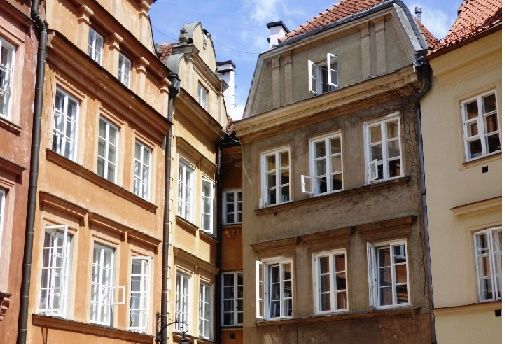If you’ve ever needed to borrow a cup of sugar urgently from your neighbour, but were stymied by the thought you didn’t even know his or her name, you’re not alone.
A new survey carried out by YouGov reveals that around 25 percent of Danes don’t know the name of the person who lives next door or in the flat next door, reports Metroxpress.
And it is especially the younger generation who are ignorant: 43 percent in the 18 to 29-year-old age group hadn’t the foggiest idea what their neighbour was called.
The boy next door?
“A lot of young people are more involved with their friends. They don’t have so much time to speculate who lives around them,” said Mia Arp Fallov, an associate professor from the institute for sociology and social studies at Aalborg University.
But according to Fallov, it is important that people take the trouble to get to know the person next door.
“It means something with regard to feeing safe and feeling secure where you live. It could be a useful resource to help get through the week, especially if you live alone,” added Fallov.
As an example she mentions helping to look after children, mowing the lawn, and keeping an eye on the neighbour’s house when they are away on holiday.
Hearts and minds
A campaign being launched by Hjerteforeningen, the Danish heart foundation, together with the social movement ‘Fucking Flink’ is focusing on good neighbourliness.
“There is a lot of potential in practising good neighbourliness because a neighbour can be an important relationship on a local level,” said Anne Sofie Bæk-Sorensen, a senior consultant at the heart foundation.















